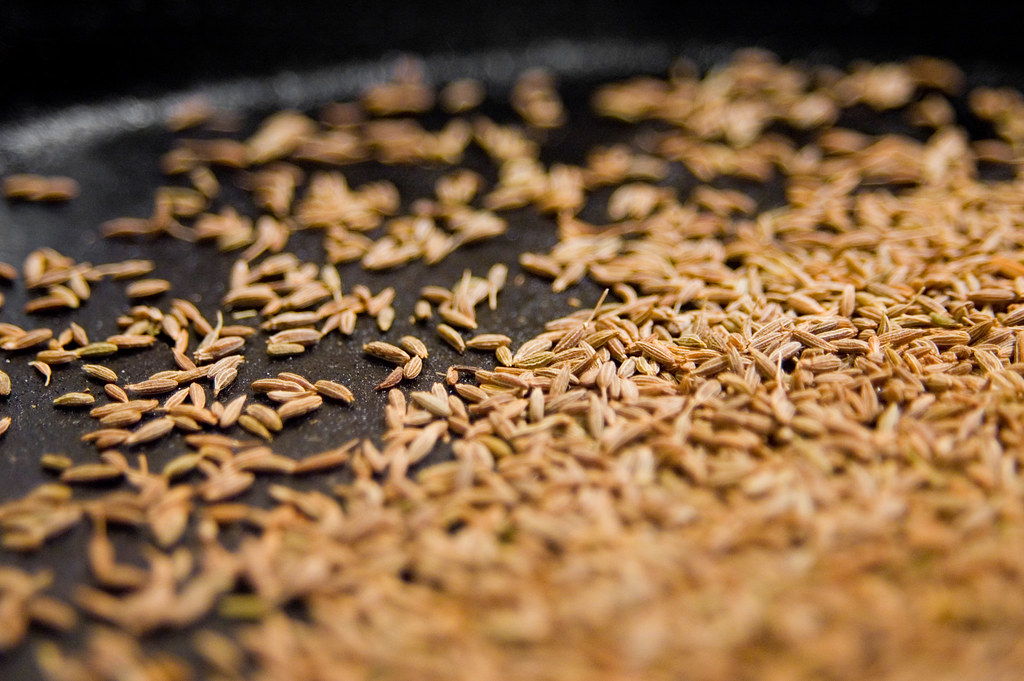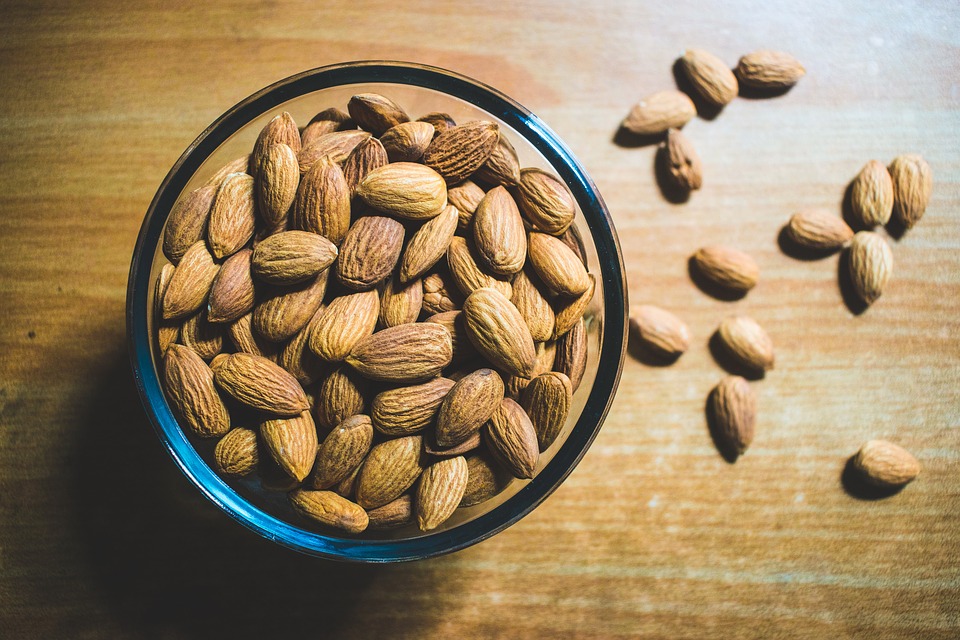
Heartburn and acid reflux are common digestive issues that can cause significant discomfort and even disrupt daily activities. Dietary habits play a crucial role in managing these conditions. Therefore, it’s important to know which foods can ease your symptoms and which ones might aggravate them. In this post, we’re focusing on a common dietary query: the relationship between bananas and heartburn and acid reflux. Are they a help or a hindrance? Let’s find out.
Bananas: A Potential Ally Against Heartburn and Acid Reflux
Can Bananas Help Heartburn?
Bananas are considered a natural antacid due to their alkaline nature. They have a pH of about 5, making them mildly acidic when ripe. However, when digested, they tend to have an alkaline effect and can neutralize stomach acid, thereby reducing heartburn symptoms. They also contain a type of fiber known as pectin, which can help strengthen your digestive system and prevent reflux.
Do Bananas Help Acid Reflux?
Yes, bananas are generally beneficial for acid reflux. Being high in fiber, they aid digestion and prevent food from backflowing into the esophagus, causing acid reflux. Additionally, their natural antacid properties can help soothe the stomach and reduce discomfort.
Can a Banana Help with Acid Reflux?
Eating a banana could potentially provide immediate relief from acid reflux symptoms. They’re easy to digest and can coat the esophageal lining, reducing irritation caused by stomach acid. It’s worth mentioning, however, that individual reactions may vary, and what works for one person may not work for another.
When Bananas Might Not Be the Best Choice
Why Do Bananas Cause Heartburn in Some People?
Though bananas are generally considered good for heartburn, they might trigger symptoms in some individuals. This can happen due to several reasons, such as the ripeness of the banana or individual tolerance levels. Unripe bananas contain more acid, which can contribute to heartburn. Moreover, some people may have a food intolerance or allergy to bananas, which could exacerbate acid reflux symptoms.
Do Bananas Cause Indigestion?
For most people, bananas do not cause indigestion as they are easily digestible. However, consuming them in large quantities or eating them along with other harder-to-digest foods can potentially lead to indigestion.
Why Do Bananas Give Me Acid Reflux?
If you’re experiencing acid reflux after eating bananas, it’s possible that you’re sensitive to a particular compound in bananas. This is relatively uncommon, but everyone’s body is unique and reacts differently to certain foods. If bananas consistently trigger your acid reflux, it might be best to limit your intake or avoid them altogether.
Conclusion
While bananas are generally considered beneficial for heartburn and acid reflux, individual reactions can vary. If you find that bananas help with your symptoms, they can be a valuable addition to your diet. Conversely, if you notice that they worsen your acid reflux or heartburn, it might be better to avoid them.
Remember, it’s essential to consult with a healthcare provider for personalized advice regarding your diet, especially if you’re dealing with chronic heartburn or acid reflux. A balanced diet combined with a healthy lifestyle can greatly assist in managing these conditions.
Frequently Asked Questions
1. Do bananas help with heartburn and acid reflux?
Generally, bananas can help manage heartburn and acid reflux due to their high fiber content and natural antacid properties. However, individual responses may vary.
2. Can bananas cause heartburn?
While uncommon, some individuals might experience heartburn after eating bananas, possibly due to the fruit’s acidity level or a specific food intolerance or allergy.
3. Why do bananas give me acid reflux?
If you consistently experience acid reflux after eating bananas, you might be sensitive to a particular compound in them. Consider reducing your intake or eliminating them from your diet.
4. Are bananas good for digestion?
Yes, bananas are easily digestible and contain a type of fiber called pectin, which can aid digestion and prevent acid reflux.
5. Can eating a banana provide immediate relief from acid reflux symptoms?
Some people find immediate relief from acid reflux symptoms after eating a banana. However, this might not be the case for everyone.
Tags: Heartburn, Acid Reflux, GERD, Bananas, Diet, Digestion, Food Intolerance, Food Allergy, Antacid, Fiber, Pectin.












